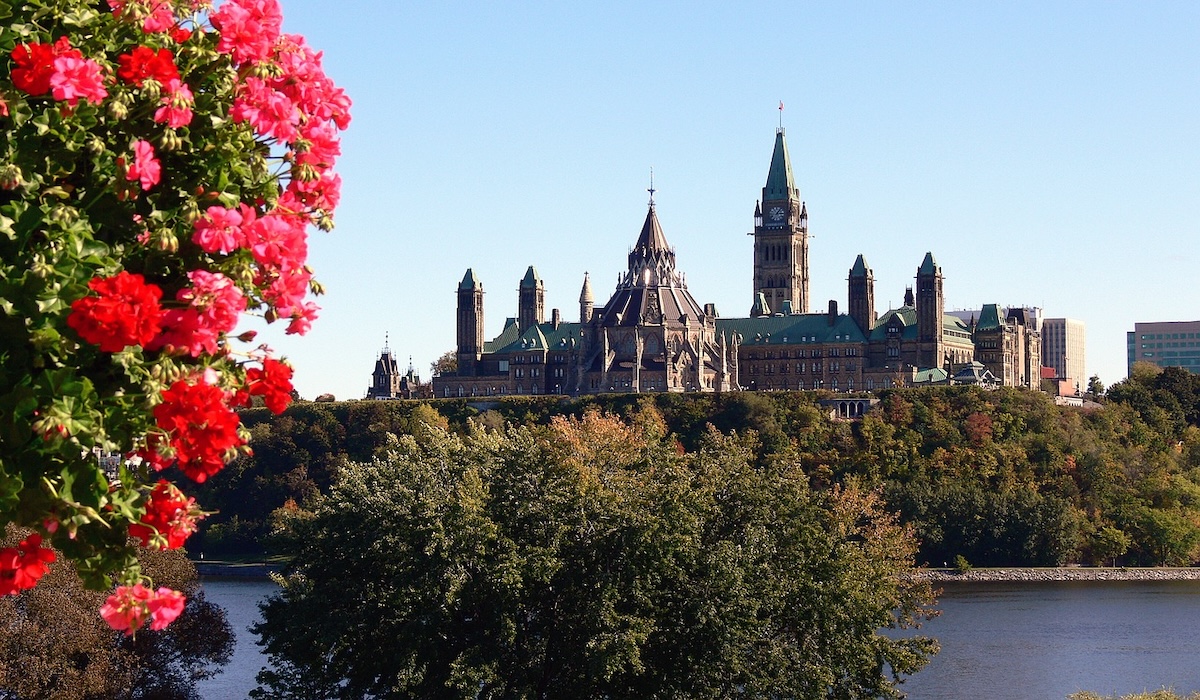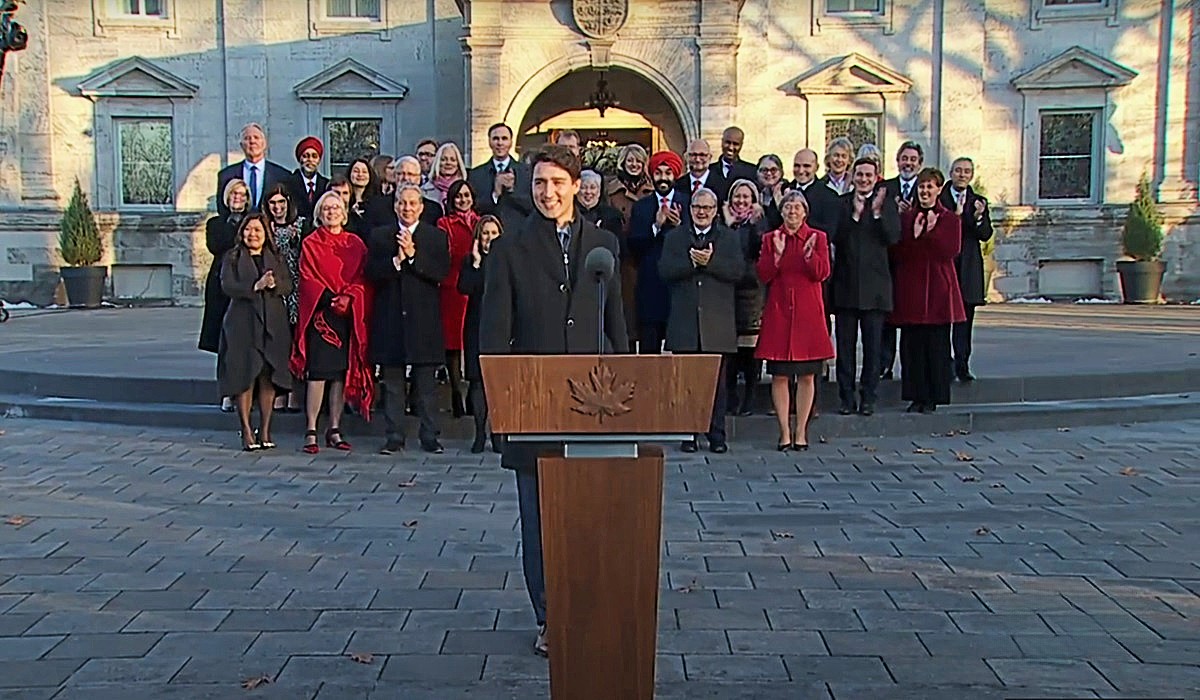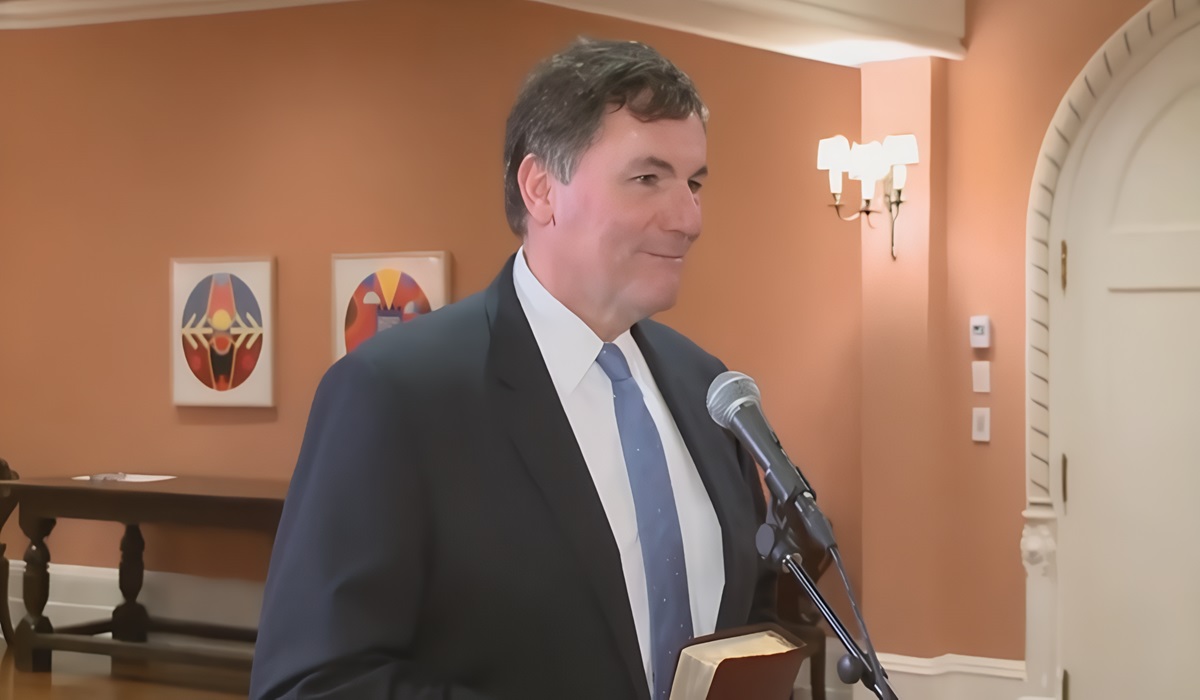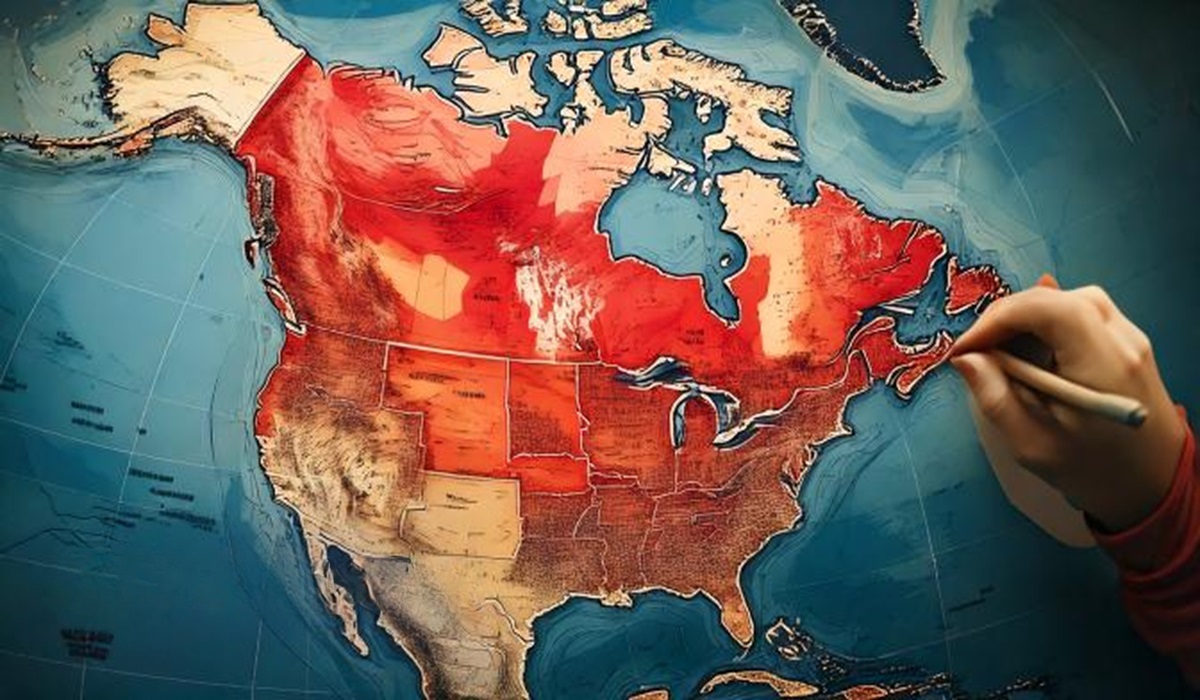On Monday, the Canadian Minister of Immigration, Refugees and Citizenship, Marc Miller, put in place a measure to put a two-year cap on the number of international students allowed into the country for educational studies, effective January 1, 2024. This announcement follows last month’s decision to raise “the cost-of-living financial requirement for study permit applicants,” with international students having to prove they have a minimum income of $20,000 CDN to apply for a residency permit. The federal government will leave it up to provincial governments to decide how to distribute permits across universities. Canada will now only grant 360,000 international students residency, a 35% decrease, and will also change how it handles post-graduate work permits as part of the measure.
This new measure stems from Canada’s ongoing housing crisis. Other factors considered include the Canadian Central Bank raising its interest rate to “5% in an attempt to control inflation.” Canada also faces high mortgage rates, and as a result, it “has the highest household debt as a share of gross domestic product in the G7 — and 75% of it is from mortgages.” However, there is competition between renters and buyers, especially in larger cities.
Mike Moffat, an Ontario’s Western University assistant professor, says, “…On the rental side, you have a lot of low-income renters, all battling each other for a low number of spots… on the ownership side, what we’re seeing is investors buying large quantities of single-family homes and turning them into student rentals, making it nearly impossible for first-time home buyers to find a place to live.” With this constant competition, coupled with the numerous economic circumstances mentioned before, it’s no surprise that the government took action on this issue.
Minister Miller clarifies that this measure is not a knock against international students. Instead, the measure is against private colleges, which Miller says are taking “advantage of international students by operating under-resourced campuses, lacking supports for students and charging high tuition fees, all the while significantly increasing their intake of international students.” Others in Miller’s government, namely Housing Minister Sean Fraser, want their focus to remain on building more houses to tackle the housing crisis.
The opposition parties, the Conservatives and NDP, blame the Liberal government, specifically Prime Minister Justin Trudeau, for not acting sooner. Pierre Poilievre, leader of the opposition, notes that the federal government rather than the provincial governments are responsible for administering student permits. Jenny Kwan of the NDP, who also sits on the Standing Committee on Citizenship and Immigration, fears that the cap “might punish talented students who seek to build a better life.”
Despite the elections being one year away, topics such as housing and immigration are bound to be on voters’ minds, and those in government, whether members of the Conservative or Liberal parties, will be watching to see if this measure will serve as a temporary solution to an on-going problem. One that still does not guarantee to solve the housing crisis that has been ignored for decades.









